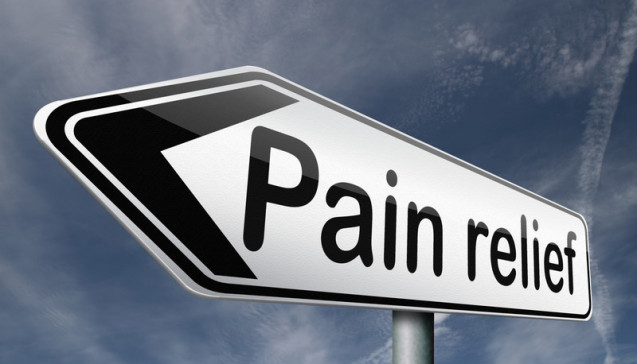Medical Marijuana for Neurologic Diseases: The Verdict So Far
Editor’s Note: Following a press conference at the American Academy of Neurology (AAN) 66th Annual Meeting, held in Philadelphia, Pennsylvania, from April 26 through May 3, 2014, Medscape correspondent Andrew N. Wilner, MD, interviewed Barbara S. Koppel, MD, Professor of Clinical Neurology at New York Medical College, about the new AAN systemic review of medical marijuana for neurologic disease.[1]
Dr. Wilner: Dr. Koppel, we just had a press conference during which you and Dr. Gary Gronseth summarized the findings of the new AAN systematic review of medical marijuana for selected neurologic disease.[1] What did you find?
Dr. Koppel: We found that certain forms of marijuana — pills and oral spray, primarily — were useful in treating some systems of multiple sclerosis, especially spasticity, pain, central pain and painful spasms, and overactive bladder. Medical marijuana was not found to help tremor in multiple sclerosis, nor did it reduce other bladder symptoms. There wasn’t enough information to comment on whether smoked marijuana was useful. There were only 2 studies, and no conclusions could be reached from them.
Dr. Wilner: There has been a lot in the news about medical marijuana for epilepsy. What did you find in your review of the published research?
Dr. Koppel: Marijuana didn’t reduce the number of seizures in the 2 very small, old studies that we looked at. The new information coming out on epilepsy is usually from patient support groups or patient testimonials, and these are not the kind of studies that we could use for this type of analysis. However, they do bring attention to the fact that more research needs to be done in that field.
Dr. Wilner: Some studies have begun, isn’t that right?
Dr. Koppel: Yes. Various epilepsy centers are taking a look at the cannabinoid-enhanced oral spray.
Dr. Wilner: What about side effects?
Dr. Koppel: Side effects were present in all of the studies, and if they were mentioned in at least 2 studies, we brought special attention to them. They included such effects as you would expect: behavioral changes, fatigue, nausea, and weakness. There were some serious side effects such as suicidal thoughts and hallucinations, but these were rare. The other serious side effect was seizures, occurring in 2 patients with multiple sclerosis.
Dr. Wilner: Because many of these neurologic illnesses are chronic diseases, was any attention paid to adverse events from medical marijuana that might occur with chronic use?
Dr. Koppel: Most of the studies were fairly brief. A few long-term studies had higher dropout rates, but it turns out that some people dropped out because it wasn’t working rather than because of side effects. These were carefully controlled in terms of how much tetrahydrocannabinol and cannabinoid content the formulations included, so we didn’t see the kind of long-term cognitive effects that are being reported from recreational marijuana. This was a separate kind of study.
We found that dropout rates were higher in the treated groups than in the placebo groups, but in the long-term studies (one of which lasted a year), we are still talking approximately 12% dropout in the treatment group compared with 6% in the placebo group.
Dr. Wilner: Some patients with Parkinson disease have also tried medical marijuana. What did you find?
Dr. Koppel: The studies looked at the drug-induced dyskinesias that patients with late-stage Parkinson disease get from their levodopa. Marijuana didn’t help that, but in terms of treating Parkinson disease itself, it hasn’t been studied.

